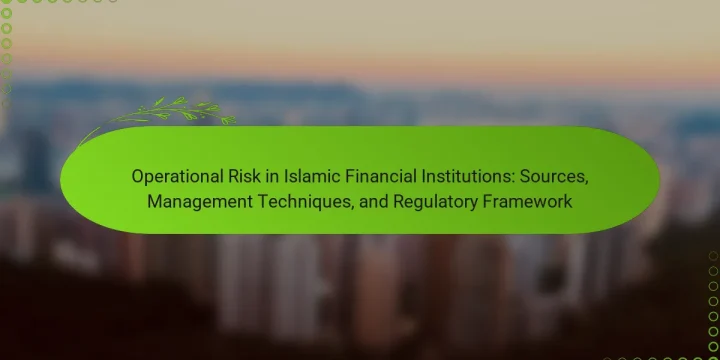
What is Market Risk Management in Islamic Finance? Market Risk Management in Islamic Finance refers to the systematic approach to identifying, assessing, and mitigating risks associated with market fluctuations in accordance with Shariah principles. This includes managing risks related to changes in interest rates, foreign exchange rates, and commodity prices. Islamic finance prohibits excessive uncertainty (gharar) and interest (riba), which shapes its risk management strategies. Tools such as profit-sharing contracts (Mudarabah) and leasing agreements (Ijarah) are utilized to align risk and reward. Additionally, diversification and asset-backed financing are essential components of this management process. Effective market risk management in Islamic finance ensures compliance with ethical standards while protecting investors' interests. How does Market Risk Management differ from conventional finance? Market Risk Management focuses on identifying, assessing, and mitigating risks associated…








